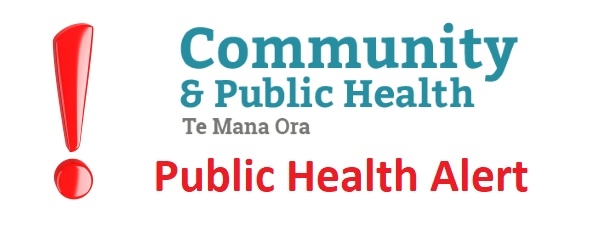28 November 2024
Protecting infants against pertussis

We are experiencing a national pertussis outbreak, and local pertussis notifications have increased sharply over the last week. Pertussis is highly infectious, and can be life-threatening in infants and some people with existing chronic conditions. Public health measures focus on protecting those individuals who are most at risk of severe illness.
In an outbreak situation public health depends on good information from general practice to triage notifications and target our efforts. We have worked closely with GPs and the local HealthPathways team to develop guidance for general practice that will help protect the most vulnerable people in our communities even as case numbers climb.
If you suspect that your patient has pertussis, please:
- Check HealthPathways for testing and notification advice
- Gather the “disease-specific information” in the HealthPathways drop-down, and include that information in your notification (the drop-down can be easily copied and pasted into your ERMS notification)
- Advise public health if your patient with pertussis has worked or had extended contact with infants younger than 1 year or other high-risk people in institutional settings – these are the situations our Te Mana Ora team will focus on
- Prescribe antibiotics to your patient as indicated, and advise them to isolate while infectious
- Offer antibiotic prophylaxis to all your patient’s household members if there is a high-risk person in the household
- Offer antibiotic prophylaxis to any other household member who spends significant time with infants younger than 1 year or other high-risk people outside the household
Vaccination of infants and other high-risk people remains the key prevention measure for pertussis. Please:
- Advise pregnant people of the increase in pertussis and recommend the free Boostrix vaccination from 16 weeks in every pregnancy
- Encourage pertussis vaccination for the extended whānau of pregnant people, new babies and infants, although depending on their age they may not be eligible for a funded vaccine
- Prioritise on time immunisation for all babies at 6 weeks, 3 and 5 months, and boosters at 4 years and 11 years for children
- Encourage all staff, including reception and administrative staff, to be protected from pertussis as well as influenza and measles. Booster vaccinations are recommended for all lead maternity carers and healthcare workers who are in daily contact with infants.
Adults aged 45 years (if they haven’t already had 4 vaccines) and 65 years are also eligible for a free pertussis booster.
|


